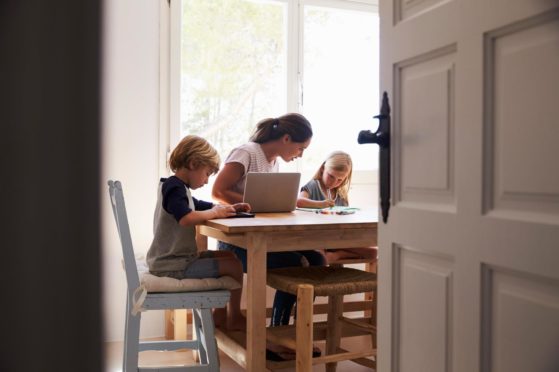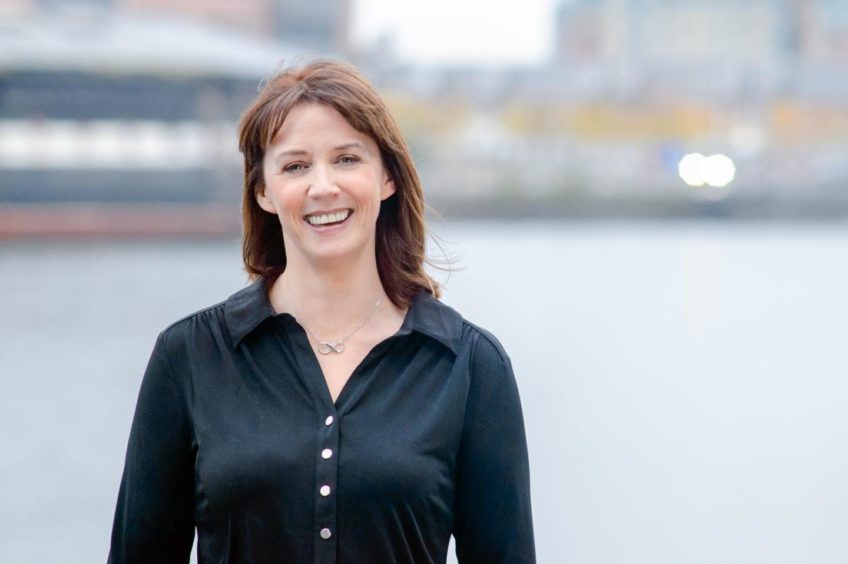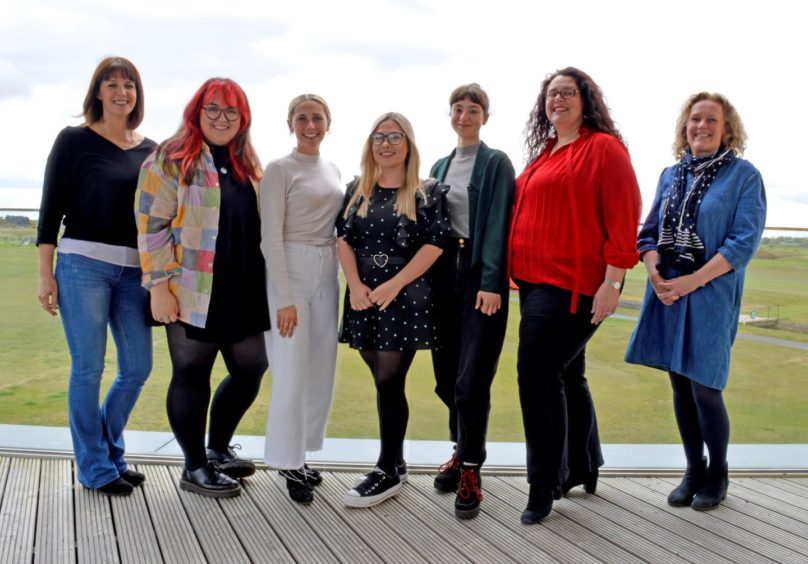What is your purpose in life?
Perhaps it’s your children, career, a decent living or giving back to those less fortunate.
For many of us, our job gets us up in the morning – not because we love it and can’t wait to get started but because we have to.
It’s either that or we don’t pay the rent, or the mortgage, or put food on the table.
But there is another way: what if you could love your job?
Before we look forward though, let’s look back.
Covid had – and continues to have – a significant effect on all of us.
For some it’s been disastrous, bringing illness, isolation, redundancy, uncertainty and, in some cases, loss.
For women, the main caregiver in most homes, it’s been far worse.
Conditioned to put themselves to the back of the queue, women are often the first to give support and the first to go
Since lockdown struck, UK mothers are one and half times more likely to have lost employment or been furloughed than fathers.
Of all UK single parents, around 90% are women, 10% are men.
Single-parent households are more likely to be under financial strain, worsened by women generally having more responsibility for home-schooling, housework and childcare.
Conditioned to put themselves to the back of the queue, women are often the first to give support and the first to go.
Turning women’s ideas into businesses
I started Women’s Business Station because I wanted to support women setting up their own businesses and create a supportive community to help like-minded women achieve their goals.
With the help of some incredibly generous local business mentors, the social enterprise has trained, advised and supported hundreds of women since we launched just 18 months ago.
As you would expect, many hit a brick wall when Covid struck but, with our support and that of their fellow members, most (but not all) got back up again, regrouped and remained determined.
Good for them, you might say. You might have a business idea too, a dream.
But it’s not going to happen – or so you tell yourself.
In every care home, shop and office – largely women-dominated sectors which have been most disrupted by Covid – there’s a quiet army of undervalued and low-paid women with a vision, talent and something they’d love to do instead.
Women weighed down by concrete wellies
In Dundee, women plough on despite earning less than women in other Scottish cities.
With 43.4% of Dundee women working part-time compared to 12.3% of men, their roles are less secure.
They are weighed down by what I call “concrete wellies”, preventing them from moving onwards and upwards, trapped in a loop of generational poverty.
So they stay where they are, sacrificing their wants and needs for their families.
And then their kids leave home.
So what do they do now?
They’re attracted by the supportive community we’ve grown – a safe space at a scary time
Some of them come to Women’s Business Station.
Nearly 70% of our members are over the age of 40, with kids who have flown the nest.
Often dissuaded from approaching rival business support agencies, they’re attracted by the supportive community we’ve grown – a safe space at a scary time.
We like to call it “the first stop to the best start”.
But even then, many self-employed women underpay themselves, fail to see their value and repeat the cycle.
We're excited to announce the return of our award winning FasTRACK to Business Success Course in September 2021 – and we're back IN PERSON!
❣️If you are interested in applying, please email our Membership Manager Lauren for all of the details: lauren@businessstation.co.uk ❣️ pic.twitter.com/0fX5v0FhAp
— Women’s Business Station (@womenbizstation) July 6, 2021
So what if we could capture these women earlier in their journey?
They might have to hang onto that job for a while but why not aim higher, study part-time and raise their game?
Longer-term, the rewards could be monumental.
They could bin these concrete wellies, leave that low-paid job without sacrificing their income and ability to be a mother, or upskill for a more senior position.
Covid has widened equality gap
They could inspire their children to follow their dreams, see their worth and not just repeat the cycle.
Imagine the difference we could make to their lives, to their children’s futures, to our local economy.
Pre-existing equalities were huge before Covid but now the gap is even wider.
That’s where our new Aspiring Women programme will come in.
Focusing on disadvantaged women, including BAME communities, we will work with 12 women at a time, taking their self-doubt and low esteem and gradually switching their mindset into one of ‘can do’.
Within a nurturing environment, we’ll provide support, inspiration and training.
And, if they decide not to pursue their business idea, the experience won’t be wasted – they’ll now be able to see the possibilities, take responsibility for their lives and shape a brighter future.
Angie De Vos is chief executive of the Women’s Business Station, based in Dundee. To get involved, email info@businessstation.co.uk or visit www.businessstation.co.uk


